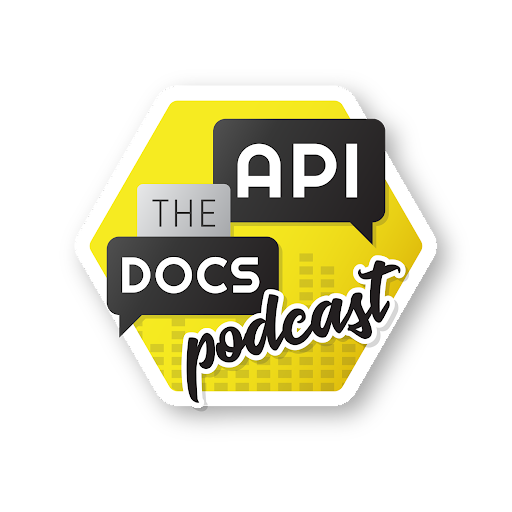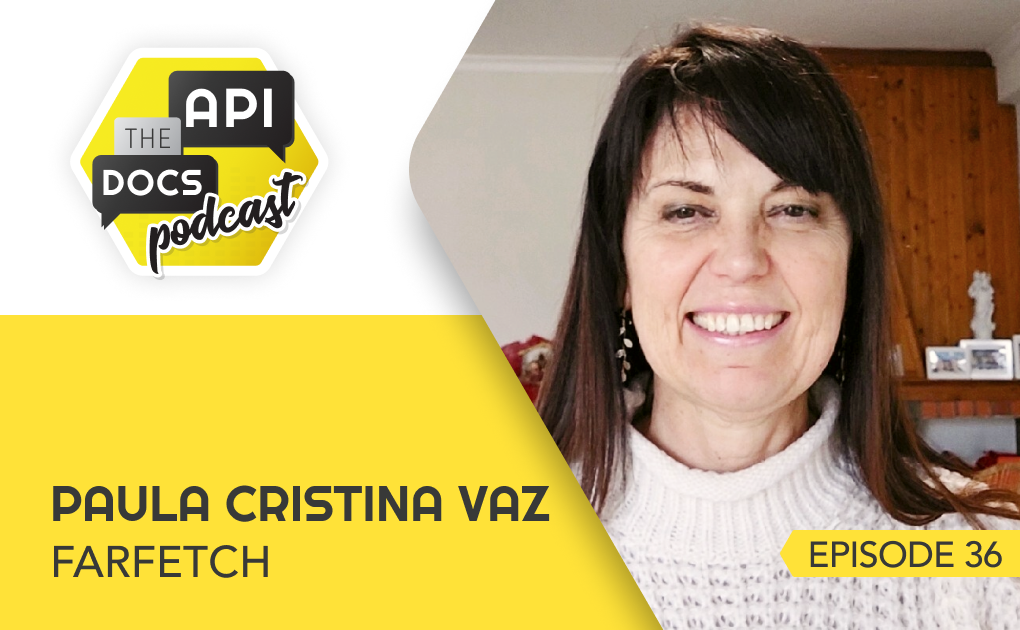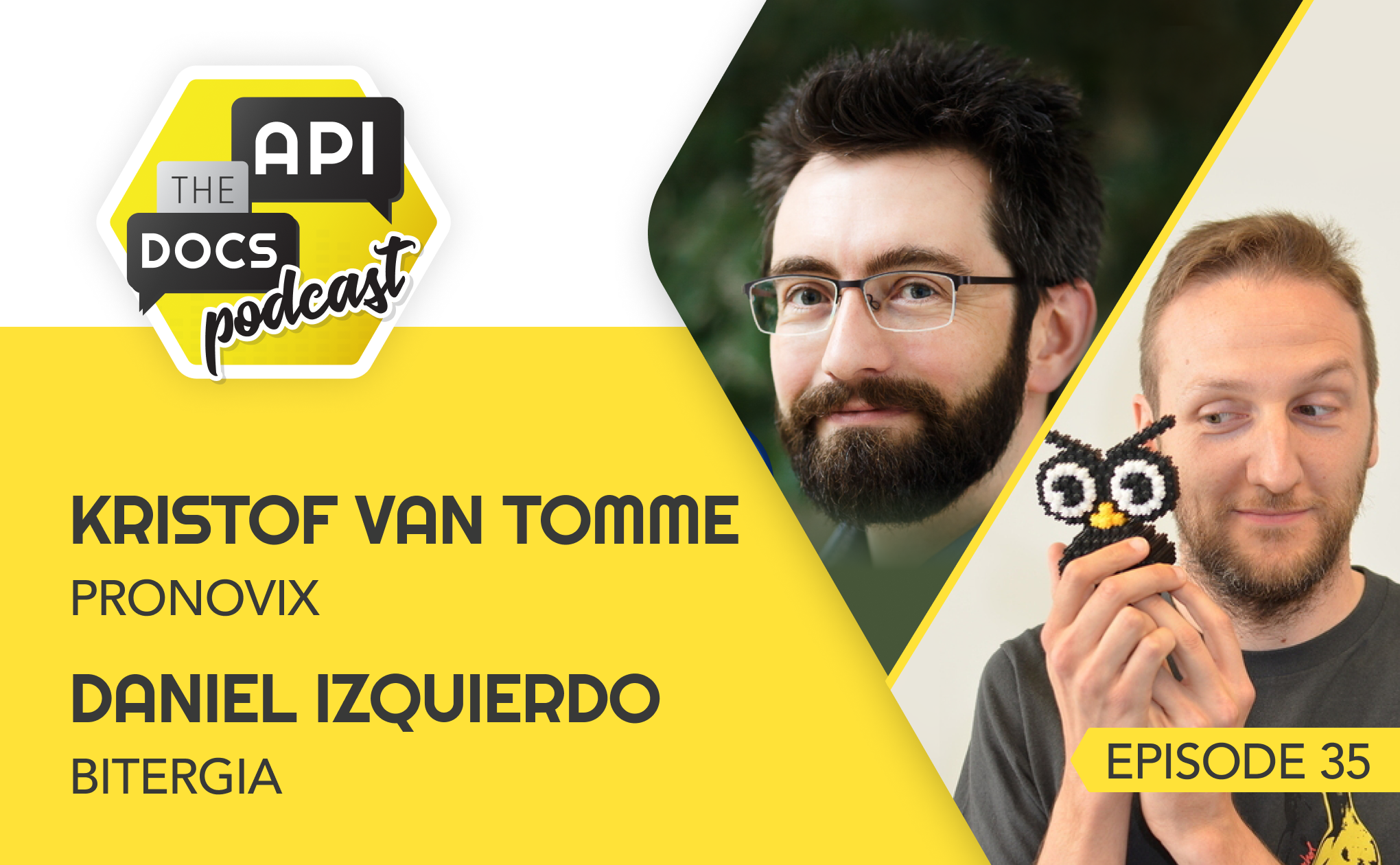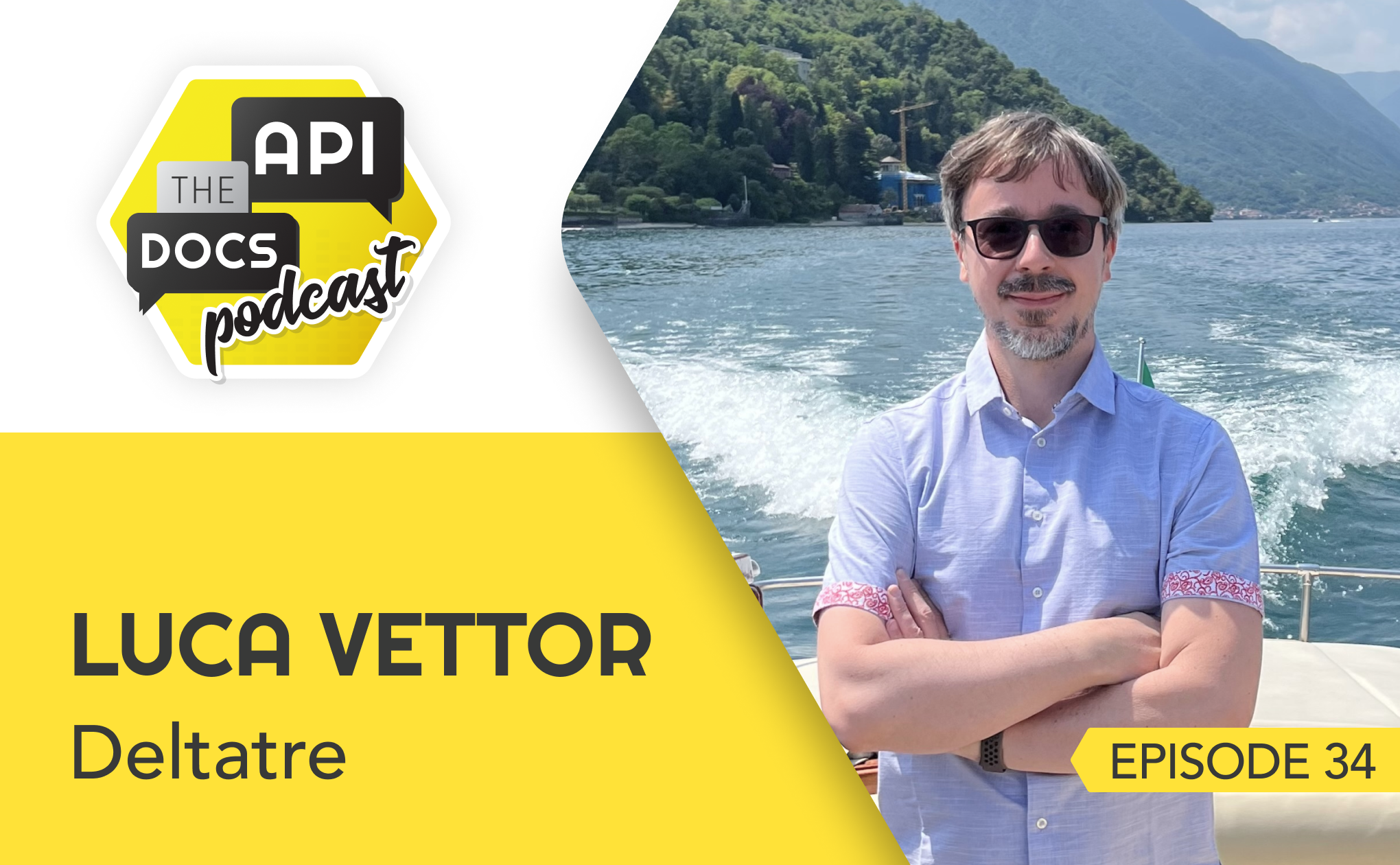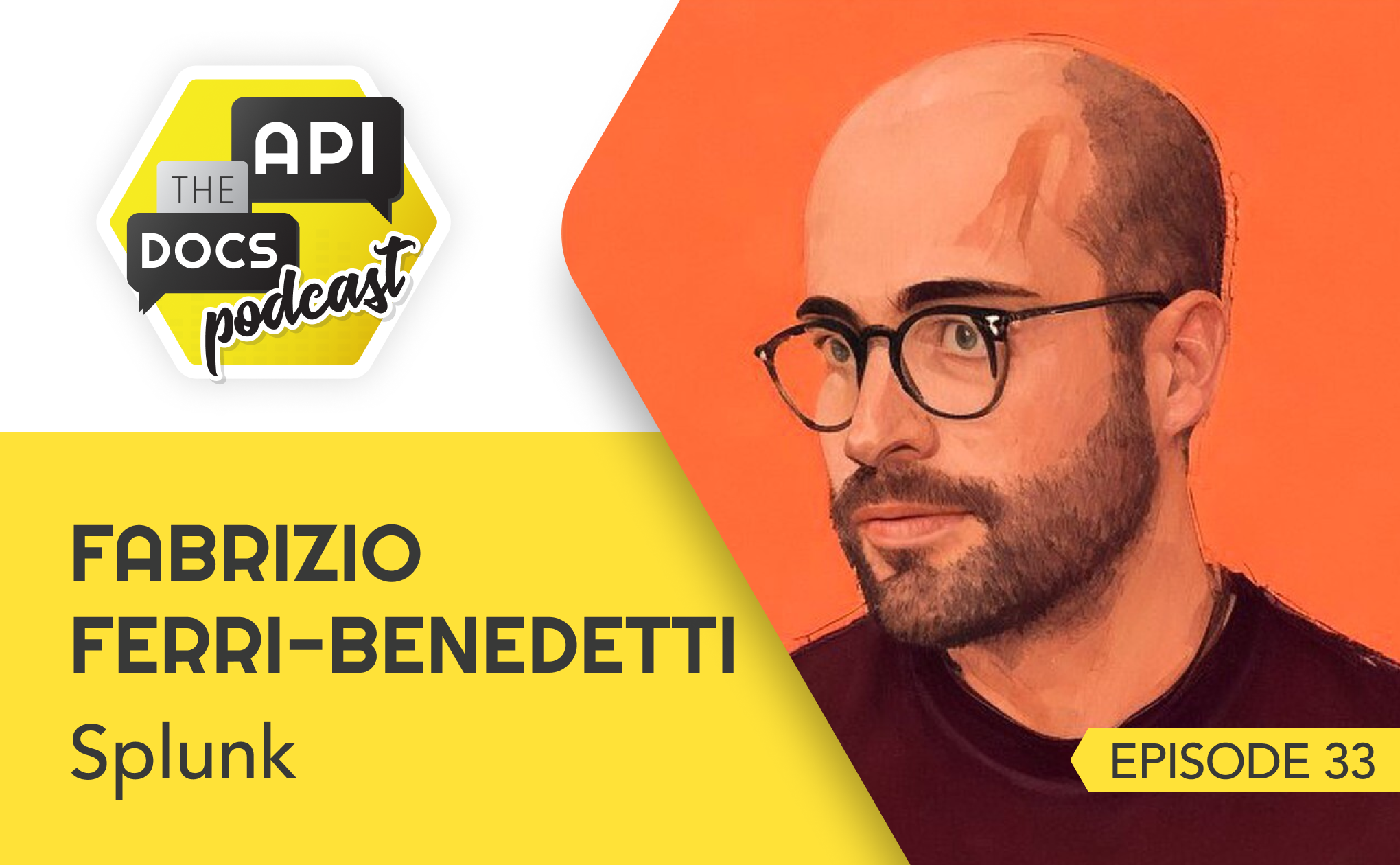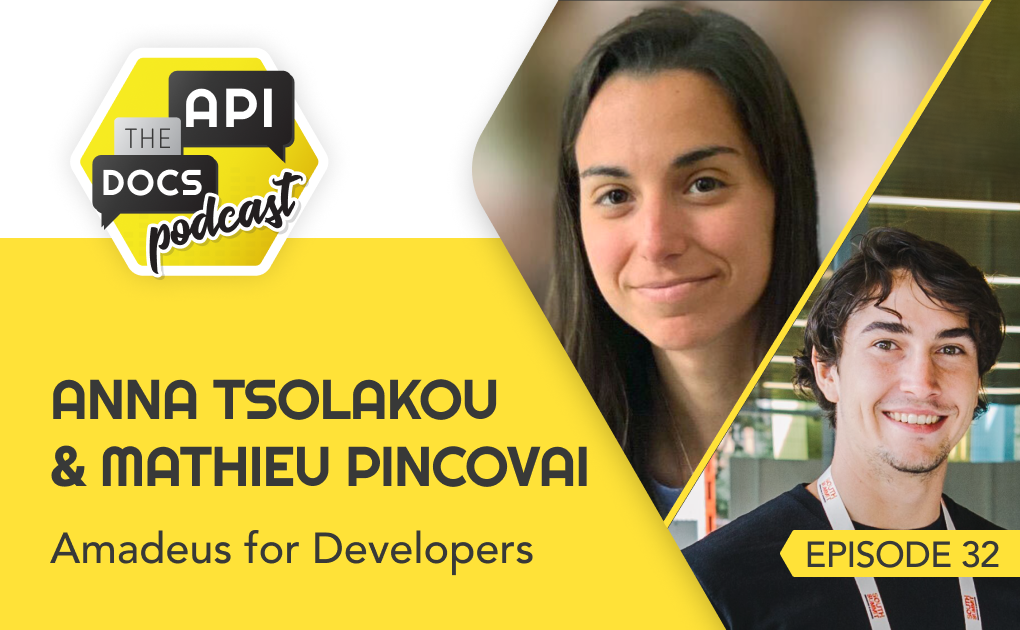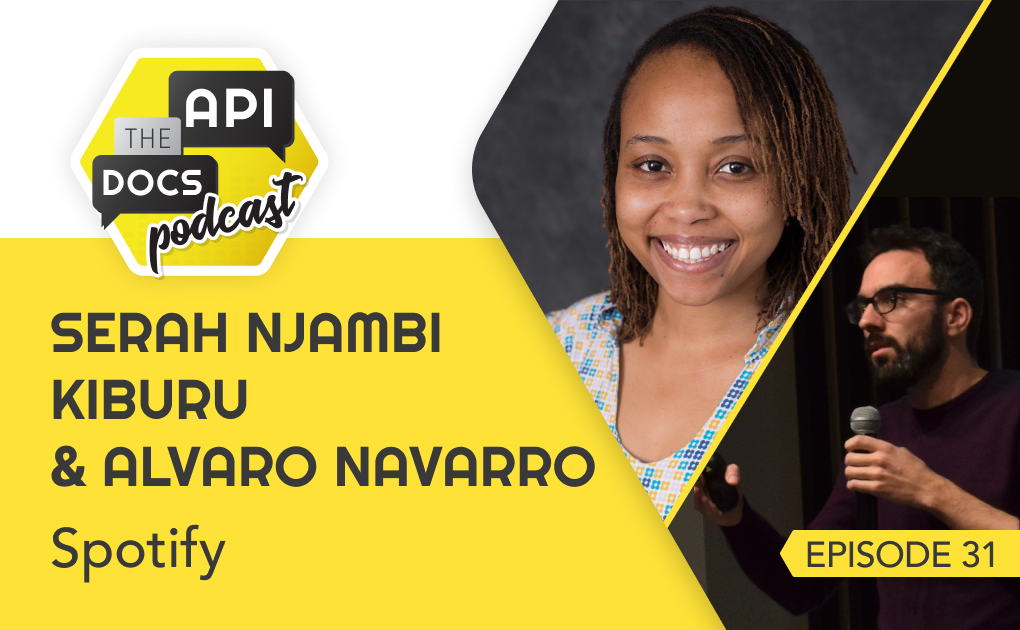Why convert from markdown to confluence? - Interview with Paula Cristina Vaz
Developers are the ones who know their APIs best, but they need an easy documentation process that wouldn’t be too different from the coding lifecycle to produce the technical documentation at scale. Senior technical writer Paula Cristina Vaz outlines the Documentation Framework at Farfetch, created to process markdown files and convert them to Confluence HTML. She talks about the page and document templates that help writers structure their documentation in a standardized way.
Innersource and the meaning of collaboration - Interview with Daniel Izquierdo and Kristof Van Tomme
In this episode Daniel Izquierdo (Bitergia) and Kristof Van Tomme (Pronovix) explained their journey with innersource and open-source communities.
The valuable problem: about Domain Driven Design with Luca Vettor
Business and technical personas may have different skills, and in many cases, they use different terminology. Luca Vettor (Information Architect at Deltatre) explained how Domain Driven Design and event storming create transparent communication between the two personas. What is induced and intrinsic complexity? How could we define the problem space when the customer is in a complex environment and their problems are intertwined? Luca Vettor helped us to answer these questions.
A love letter to technical writing – Interview with Fabrizio Ferri-Benedetti (Passo Uno)
Why did Fabrizio Ferri-Benedetti (Senior Staff Technical Writer at Splunk) write a love letter to technical writing? How could technical writers create a bridge between the different parts of a company? With an MSc in cognitive psychology, Fabrizio shares a nuanced perspective in his ‘Docs' hierarchy of priorities’ and associated metrics.
Docs-as-Code for better collaboration at Amadeus for Developers – Interview with Anna Tsolakou and Mathieu Pincovai
Anna Tsolakou (Developer Advocate) and Mathieu Pincovai (Customer Success Specialist) shared with us the journey on how Amadeus for Developers created consistent and clear documentation. We also talked about why the docs-as-code approach is so crucial for them, and how they can create the right documentation for their APIs.
Advocacy at Spotify for Developers - Interview with Serah Njambi Kiburu and Alvaro Navarro
Spotify Developer advocates Serah Njambi Kiburu and Alvaro Navarro talked with us about the two enemies of developer empathy, and their practices to optimise and scale for the community’s real needs. We also asked why Spotify even needs an API developer portal, and why isn’t it built on backstage? (spoiler alert) They have good reasons for that.
